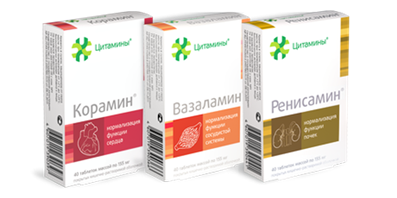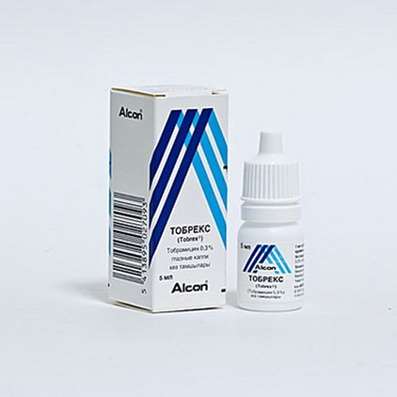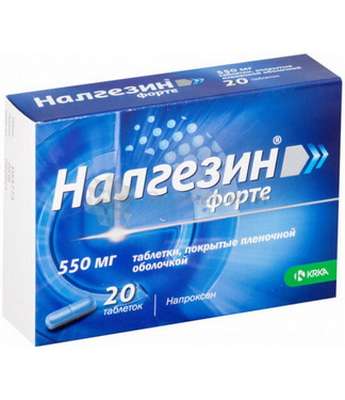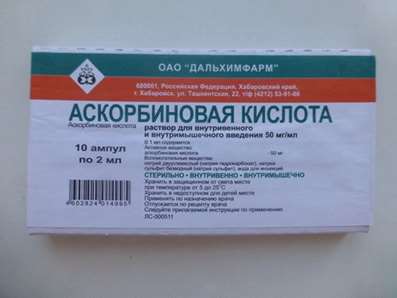Instruction for use: Oftensin
I want this, give me price
Active substance Timolol
ATX Code S01ED01 Timolol
Pharmacotherapeutic group:
Beta-blockers
Ophthalmic agents
The nosological classification (ICD-10)
H40.1 Primary open-angle glaucoma
open-angle glaucoma, Open-angle glaucoma, Primary glaucoma, pseudoexfoliation glaucoma, Elevated IOP
H40.2 Primary angle-closure glaucoma
closure Glaucoma, Glaucoma with a narrow angle of anterior chamber, Angle-closure glaucoma, Acute angle-closure glaucoma, An acute attack of angle-closure glaucoma, Elevated intraocular pressure angle-closure glaucoma, Chronic angle-closure glaucoma
H40.4 Glaucoma secondary to inflammatory diseases of the eye
Glaucoma uveal, Uveal secondary glaucoma
H40.5 Glaucoma secondary to other eye diseases
The secondary open-angle glaucoma, Glaucoma afakicheskaya, Secondary glaucoma
Structure and Composition
1 ml of eyedrops contains timolol (as maleate salt) 2.5 or 5 mg; Patients in the 5 and 10 ml, in a cardboard bundle one bottle.
pharmachologic effect
antiglaucoma.
Beta-adrenoceptor blocking, reduces the formation of intraocular fluid.
Pharmacokinetics
Action develops within 10-30 min after instillation in the conjunctival sac, the maximum intraocular pressure reduction observed after 1-2 hours, the therapeutic effect lasts for 12-24 hours.
Indications
Glaucoma: otkratougolnaya, closure, secondary (uveal, afakicheskaya), in conjunction with congenital absence of the lens.
Contraindications
Hypersensitivity, bronchial asthma (including in history), and others. Chronic obstructive pulmonary disease, sinus bradycardia, AV block II-III degree, heart failure (acute and chronic), cardiogenic shock, degenerative diseases of the cornea, the children's age.
Pregnancy and breast-feeding
During the period of pregnancy is permitted only when the potential benefit to the mother outweighs the risk of harmful effects on the fetus. Nursing mothers should abandon breastfeeding.
Side effects
Since the cardiovascular system: bradycardia, arrhythmia, hypotension, collapse, heart block, palpitations.
From the digestive tract: nausea, diarrhea.
From the nervous system: headache, dizziness, depression, increased symptoms of myasthenia gravis, muscle weakness, paresthesia, sleep disturbance, pain in the chest.
For the skin: rash, urticaria, hair loss.
From the side of respiratory system: bronchospasm, respiratory failure, dyspnea, flushing of the nasal mucous membranes, coughing.
Other: masking the symptoms of hypoglycemia and tachycardia in hyperthyroidism.
Interaction
Effect increase and prolong means narrows the pupil, and carbonic anhydrase inhibitors. It increases the activity of beta-blockers: strengthens bradycardia and / or hypotension; cardiac glycosides or calcium channel blockers - AV conduction disorders, hypotension, left ventricular failure.
Dosing and Administration
Kongungualno, 1 drop of 0.5% or 0.25% of solution 1-2 times a day.
Overdose
Symptoms: bradycardia, hypotension, bronchospasm, cardiac failure.
Treatment: atropine sulfate to eliminate bradycardia, norepinephrine or dopamine in order to increase blood pressure, isoproterenol hydrochloride with bronchospasm; in acute heart failure - oxygen, digoxin, diuretics, aminophylline, glucagon.
Precautionary measures
In the course of treatment should be deleted drive a vehicle and potentially hazardous activities that require attention and speed of reaction. Be wary appointed prior to surgery with general anesthesia. For 15 minutes before the drug soft contact lenses must be removed (because they deposited preservative - benzalkonium chloride).
Storage condition
In the dark place at a temperature no higher than 25 į C.
Keep out of the reach of children.
Shelf-life
2 years.
Do not use beyond the expiration date printed on the package.

 Cart
Cart





